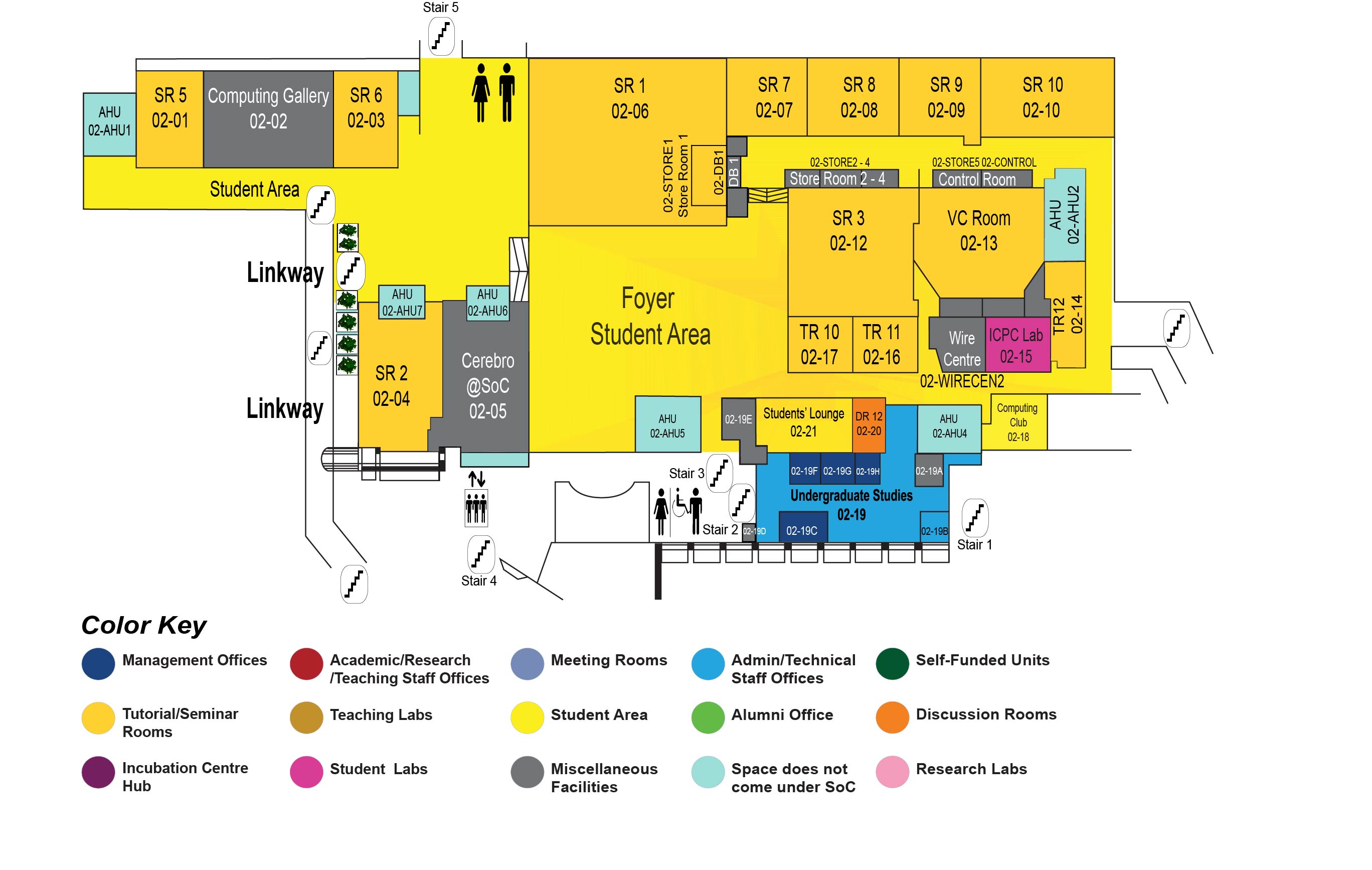Harnessing Online Community and Social Media: Ordinary Users and Influential Users
COM1 Level 2
Video Conference Room, COM1-02-13

Abstract:
The business value of an online community greatly depends on the number of active users in this online community. However, it is never easy to establish and maintain a large user base. In this thesis, we investigate how to motivate users' voluntary contribution by gamification (Study 1), and how to incorporate the interaction between different groups of users to maintain a stable user base (Study 2). In addition to establish a large user base, it is also important for online community, especially those social media sites, to attract a group of influential users. These influential users are used to be celebrities or experts who post contents consumed by a large number of ordinary users, thus helping to maintain an active user base. In this thesis, we examine whether these influential users can obtain economic return from their social media participation (Study 3).
In Study 1, we investigate the impact of a hierarchical badge system on users' voluntary contribution on four kinds of activities (answering, commenting, revision, and asking) in a Q&A website. Our results confirm that almost all badges motivate users to contribute more in related activities. There is a spillover effect to other activities. Furthermore, our results reveal that gold badges are more powerful than silver badges and silver badges are more influential than bronze badges. Hence, there is a ranked ordering in efficiency of badges corresponding to difficulty levels. Our results present strong empirical evidence that confirms the effectiveness of gamification.
In Study 2, we investigate the network effect in online community.
Empirically, we examine how the increase of user participation drives the decrease of senior users' participation at English Wikipedia. We find that the decrease of senior users' contribution is caused by the negative network effect of the new users who generated low-quality contribution. Our results indicate that it is the quality of user contribution that moderates the direction of direct network effect in online community. Our findings suggest there should be a balance between the quantity and the quality of user contribution.
In Study 3, we quantify the economic value of celebrities'
participation and popularity in social media. Specifically, we study whether NBA players' participation and popularity in Twitter help them earn higher salaries. Our results suggest that both NBA players' participation and popularity in Twitter helps them to earn higher salaries. Furthermore, we investigate the impact of social media on salary inequality among NBA players. Our analysis suggests an interesting U-shape effect: above-average and below-average players are benefited more than average players. Our results imply that the salary inequality among NBA players is decreased due to the emergence of social media. This study not only confirms the business value of social media but also reveal the societal impact of social media.

